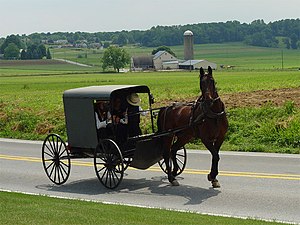You are free to call it what you like, but you might find it unhelpful (an impediment to clear communication) if you chose unilaterally to do that.So are we all agreed that I may start calling this .... <piccie> ... a screw?
However, if millions of English-speaking people came to describe that object as "a screw" and continued so to do for a substantial period of time, then I would expect dictionaries to eventually acknowledge/recognise that 'new usage' of the word. I know that some disagree, but my view is that such (documenting how a language is being used) is the purpose of dictionaries.
Kind Regards, John






